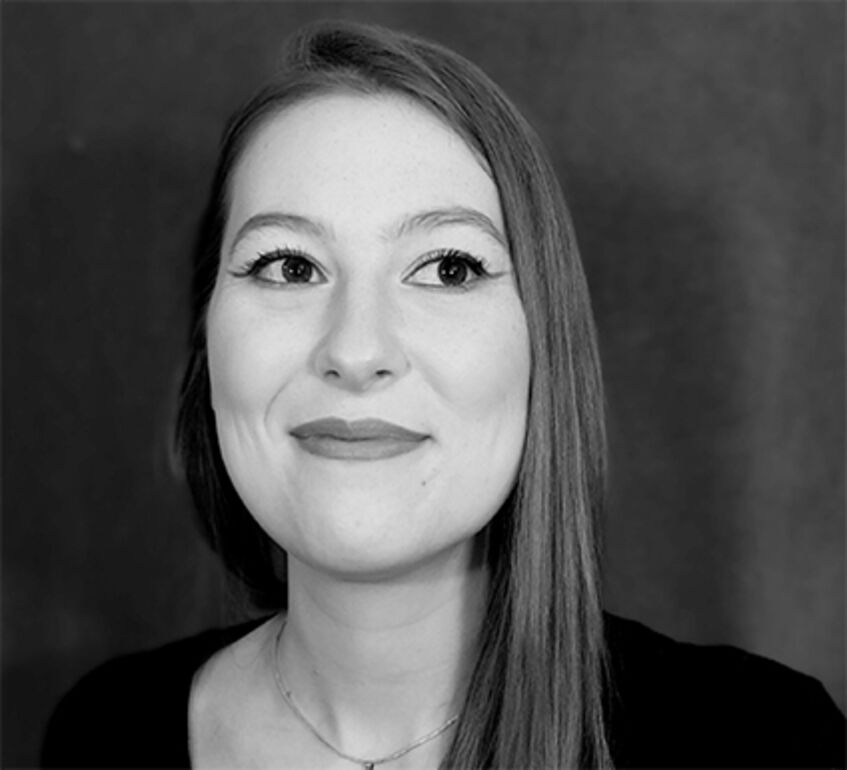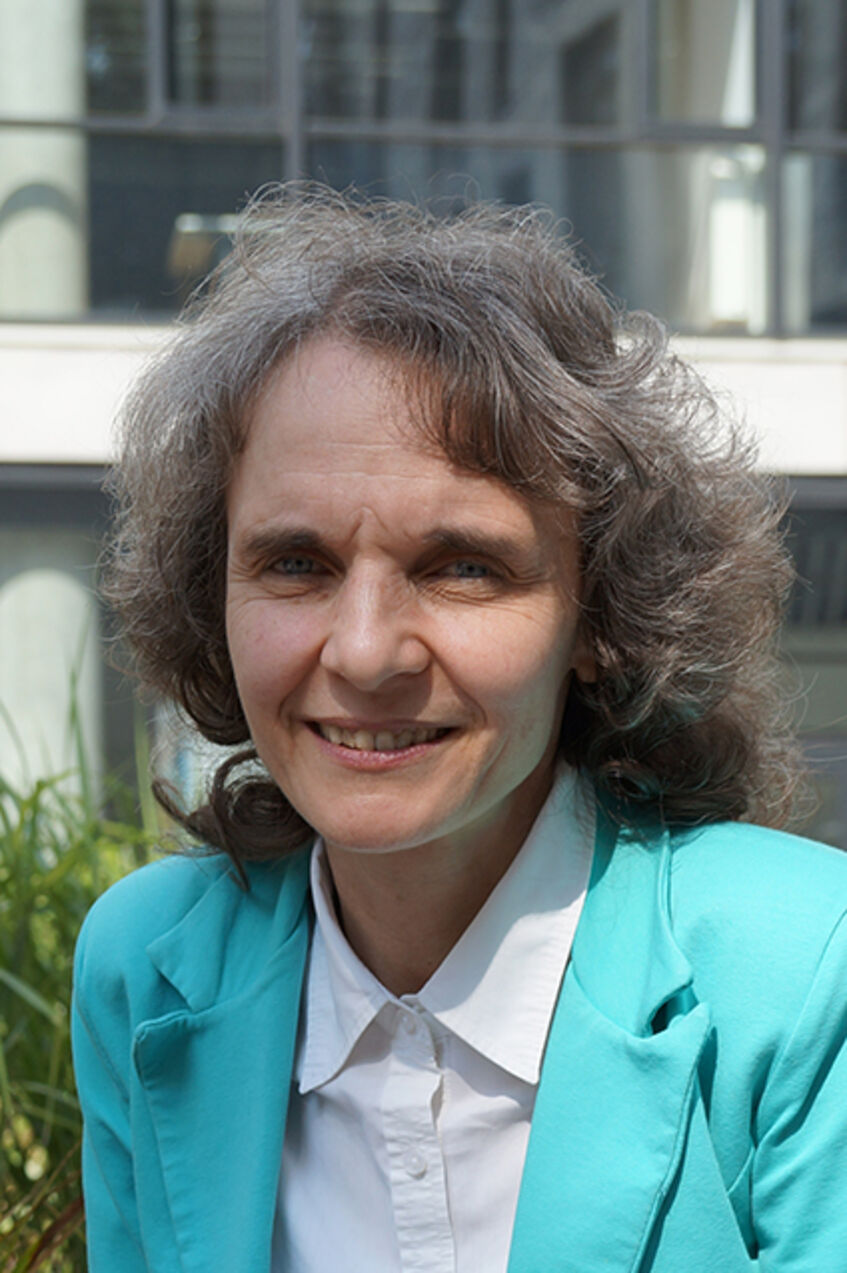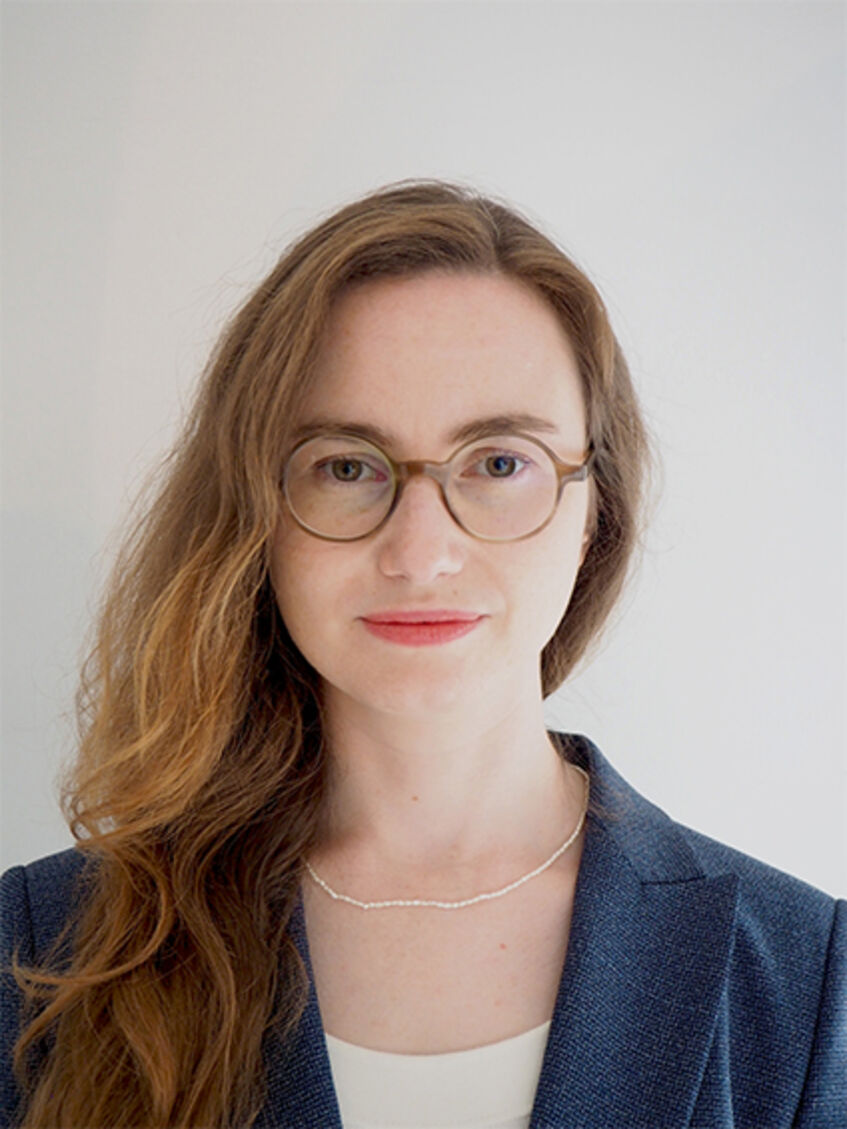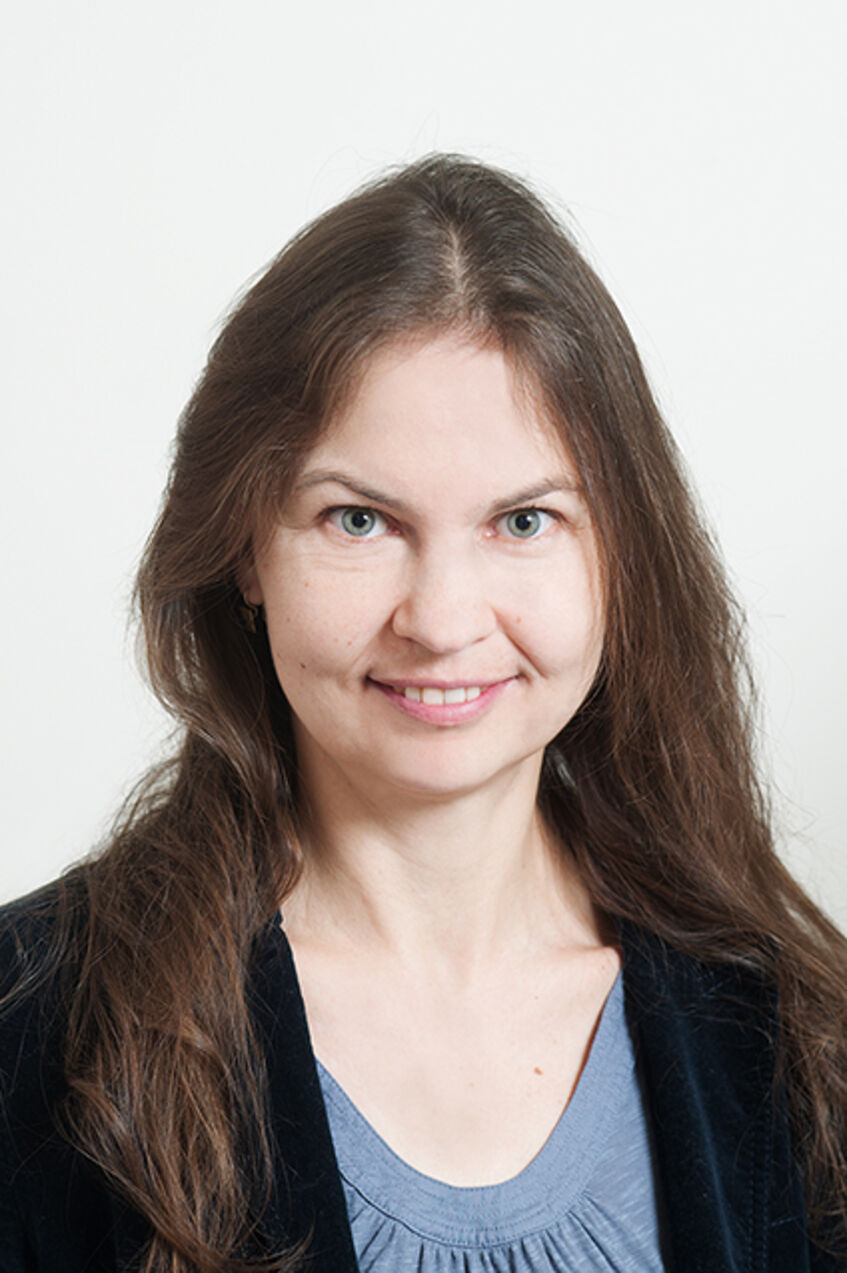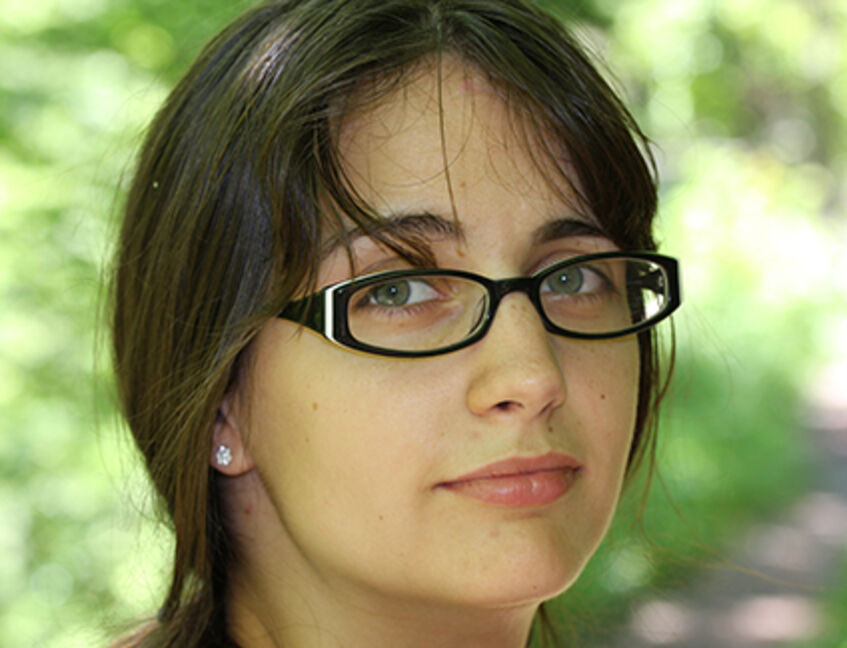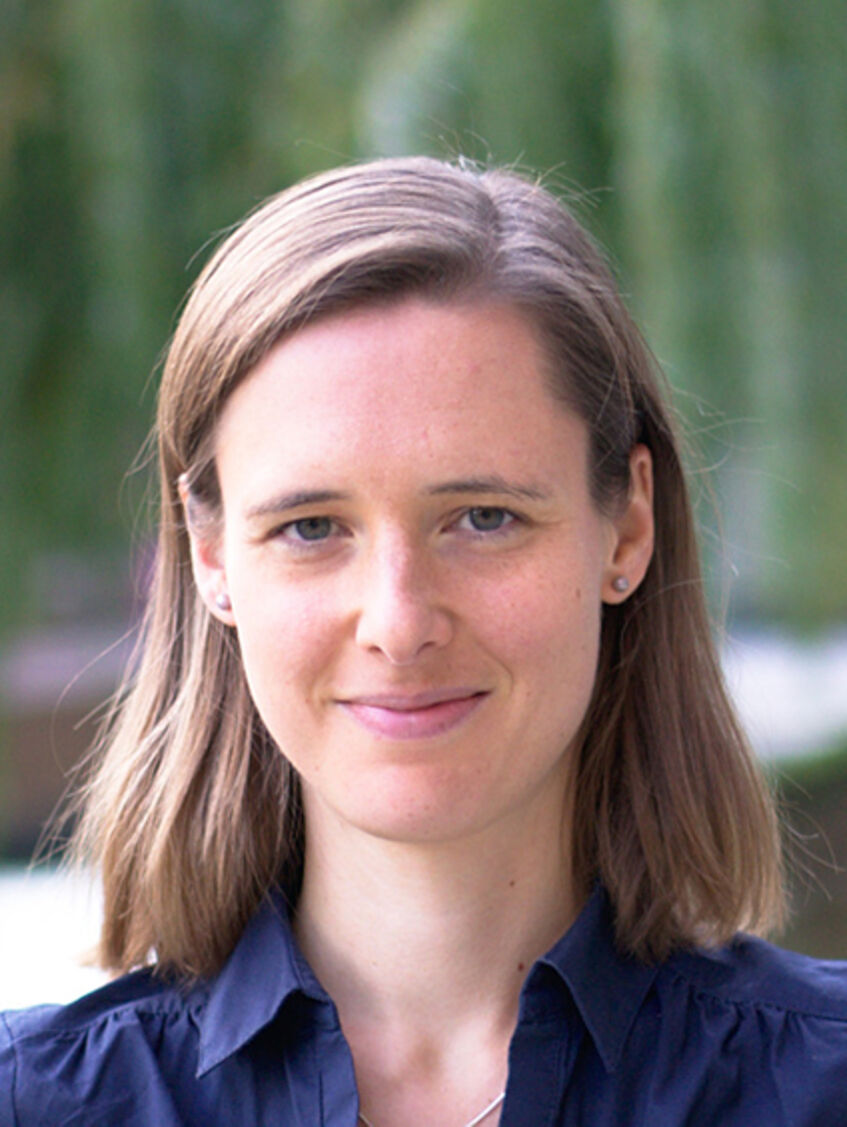International Day of Women in Science @ Faculty of Computer Science
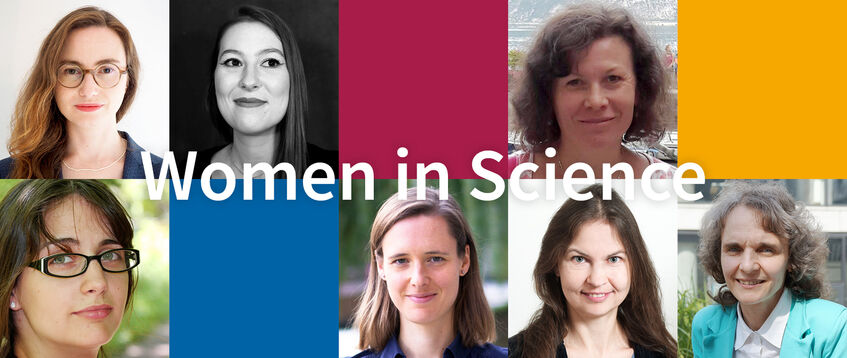
The most damaging phrase in the language is: ‘It’s always been done that way. – Grace Hopper
These research departments of the University of Vienna are also participating in this year's joint campaign: the Faculty of Earth Sciences, Geography and Astronomy, the Faculty of Life Sciences, the Faculty of Mathematics, the Faculty of Physics, the Research Network Data Science @ Uni Vienna and the Centre for Microbiology and Environmental Systems Science.
Franka Bause
Praedoc
Investigates scalable similarity measures for graphs.
Katerina Schindlerova
(Hlavackova-Schindler), Senior PostDoc
occupies with methods of causal inference and causal discovery.
» Projects, publications and teaching by Katerina Schindlerova
Renate Motschnig
University professor
Imparts and explores meaningful learning and future skills in the context of computer science.
Laura Koesten
Postdoc
My research is looking at ways to improve human-data interaction by studying sensemaking with data and visualisations, data discovery and reuse, as well as ethical and collaborative aspects of data-centric work.
Claudia Plant
University professor and Head of subunit Data Mining and Machine Learning
focuses on extracting knowledge from massive data.
Johanna Ullrich
PostDoc
searches for security vulnerabilities on the Internet and the power grid.
Kathrin Hanauer
TT-Professor
Investigates algorithms for different application areas and looks at ways to make them better or faster (or both) in practice.
Further Reading
Gender Trends in Computer Science Authorship
By Lucy Lu Wang, Gabriel Stanovsky, Luca Weihs, Oren Etzioni Communications of the ACM, March 2021, Vol. 64 No. 3, Pages 78-84 10.1145/3430803
This article presents a large-scale automated analysis of gender trends in the authorship of Computer Science literature. Specifically, we aim to address the following questions:
- How is gender balance among authors changing over time?
- When might gender parity be reached among authors?
- How is gender associated with co-authorship?
- And how does Computer Science compare against other fields of study?
We answer these questions by performing an automated study of literature metadata from scientific conferences and journals, using data from the Semantic Scholar academic search engine.a Our study incorporates metadata from 11.8M Computer Science publications. To provide a basis for comparison, we also analyze more than 140M articles from other fields of study. Our results demonstrate that although progress has been made, there is still a significant gap in gender representation among Computer Science authors. Continued delay in addressing the gender gap may perpetuate imbalances for generations to come.
"Starke Frauen braucht die Cybersecurity" [derstandard.at]
Maria Leitner und Stefanie Jakoubi im destandard.at Interview darüber, wie man Frauen für Informatik und im Speziellen für Cybersecurity begeistern kann.
"Es ist entscheidend, dass die Fakultät beispielhaft vorangeht, damit weibliche Rollenbilder gesehen werden."
Dekan Gansterer im Falter über die Vorbildwirkung von Rollenbildern in MINT-Studien und Forschung

